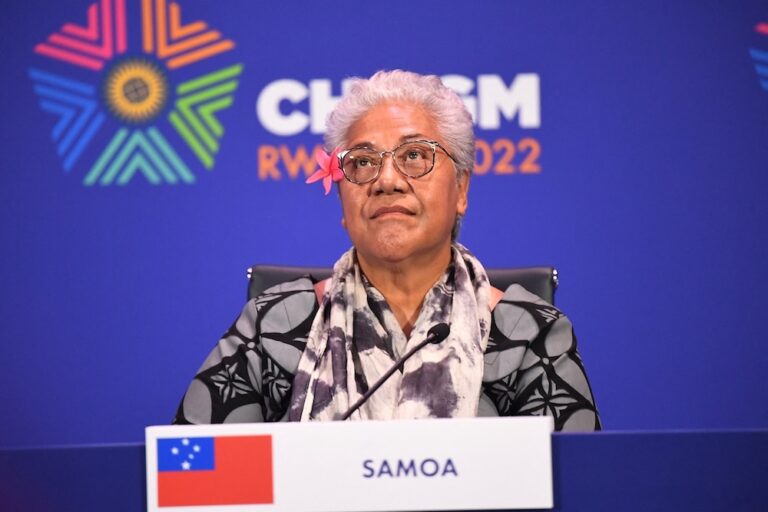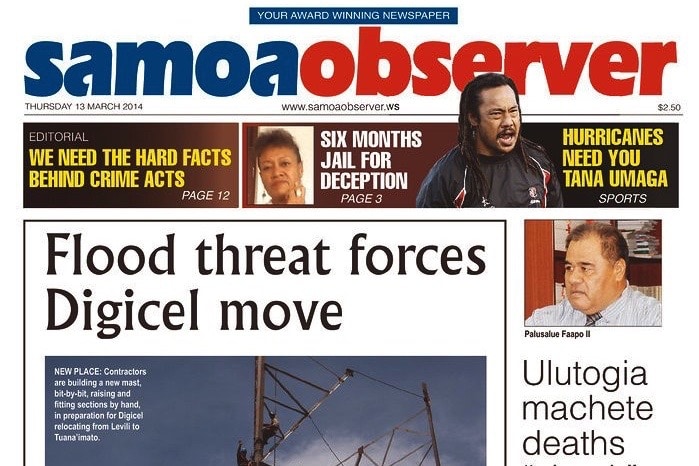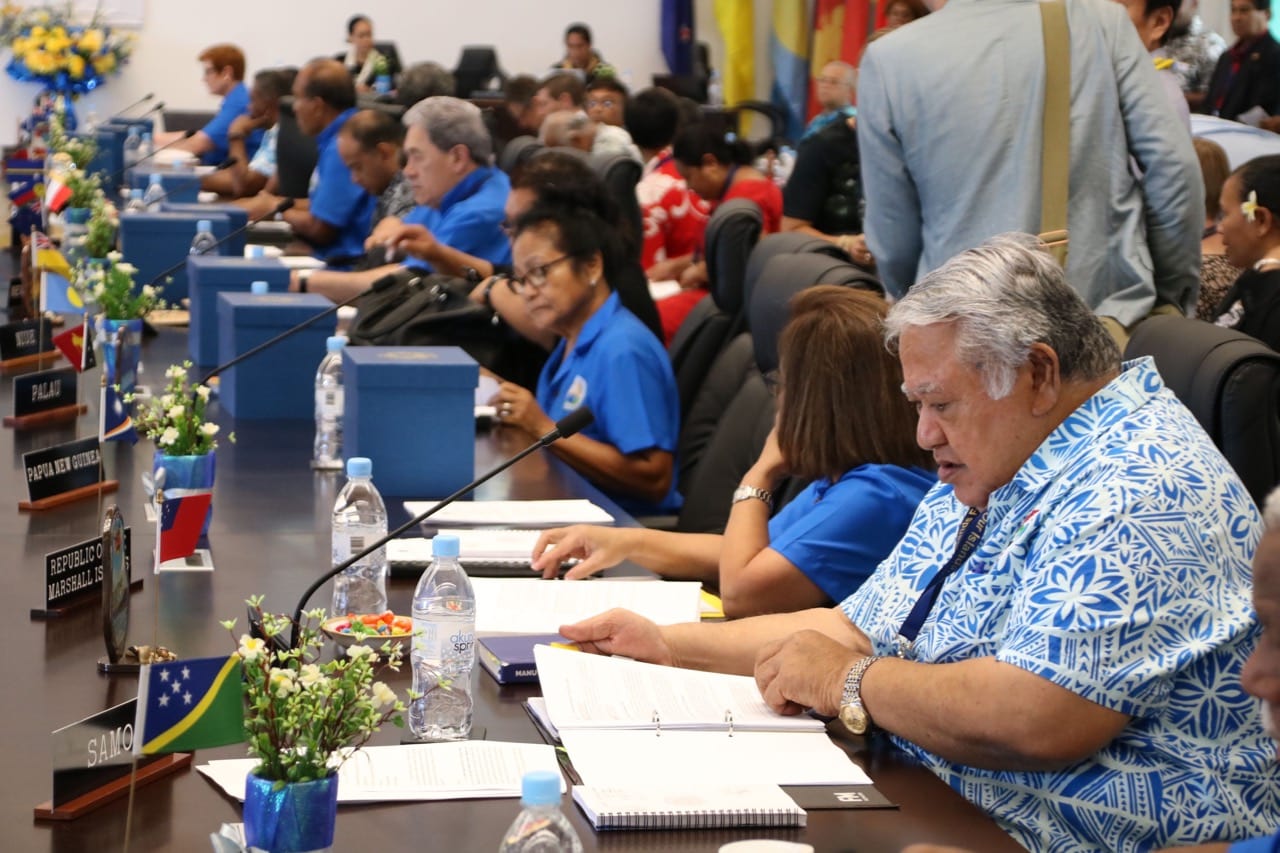(PINA/IFEX) – Samoa’s parliamentary opposition leader has begun a case in the Supreme Court in Apia, alleging that the government bans him from government media and violates his constitutional rights. Tuiatua Tupua Tamasese Efi says that he is banned from the national radio service 2AP, the national television service Televise Samoa, and the government newspaper […]
(PINA/IFEX) – Samoa’s parliamentary opposition leader has begun a case
in
the Supreme Court in Apia, alleging that the government bans him from
government media and violates his constitutional rights. Tuiatua Tupua
Tamasese Efi says that he is banned from the national radio service 2AP,
the
national television service Televise Samoa, and the government newspaper
“Savali”.
**Updates IFEX alert of 31 October 1997**
According to the independent “Tala nei” news agency, the head of Radio
2AP,
Kika Ah Kau, told the Supreme Court on 13 March 1999 that she would make
a
request by Tuiatua for airtime a priority. Asked under cross examination
by
Tuiatua’s lawyer, Keith Robinson, if she can fit in a half hour of
airtime
for the opposition leader, Ah Kau said: “Yes, it’ll be a first
priority.”
The “Tala nei” news agency said that the government is denying the
existence
of a ban. As director of Radio 2AP, Ah Kau said that there was nothing
stopping her from giving the opposition airtime. The last media release
by
Tuiatua read out on Radio 2AP was in 1994, along with a reply by then
deputy
Prime Minister Tuilaepa Sailele Malielegaoi, she told the court.
She claimed more regular coverage of opposition views was hampered
because
Radio 2AP suffered from shortages of experienced staff and equipment. As
well, her news team have told her they could not get a hold of Tuiatua
by
telephone and Tuiatua has never asked for airtime, she said.
Ah Kau, Radio 2AP’s director since 1995, told the court that she
believed
the opposition’s views were essential in a democracy and that she has a
duty
to seek out the opposition leader’s views on important matters. “But you
have never invited him (to speak on Radio 2AP) have you?” asked
Robinson.
“No,” said Ah Kau who gave resource shortages as the reason.
“Tala nei” said Tuiatua has testified that he does not ask the heads of
government media – Radio 2AP, Televise Samoa, and the “Savali”
newspaper-
for exposure because his visits to them put them under strain and they
have
families to feed. He also testified that decisions about coverage by
government media of the opposition are made at a higher level anyway.
“Tala nei” said that Tofilau Eti Alesana – who was Prime Minister until
he
was forced to retire because of ill health in November 1998,- had
repeatedly said that a decision on coverage of Tuiatua would only be
made
after the opposition leader had come to talk to him about it. Tuiatua
testified that this condition was unacceptable to him.
“Tala nei” said that, according to testimony so far, Tuiatua asked Ah
Kau in
a letter dated 10 October 1997 if a ban on him announced by Tofilau was
still in operation. Ah Kau told the court that she took the letter to
Tofilau. He in turn told Ah Kau that Tuiatua knew very well it was he,
Tofilau, whom Tuiatua should talk to about that matter. Ah Kau testified
that there are no instructions that should Tuiatua approach her about
coverage, she should see the Broadcasting Minister first.
Background Information
The opposition’s access to Samoa’s government media is severely
restricted.
Independent news media and journalists have faced increasing pressure
after
highlighting reports alleging growing corruption and abuse of public
office.
The only non-government radio station carrying local news, Radio
Polynesia
98FM, announced that it is temporarily suspending its local news service
(see IFEX alerts of 3 March 1999).


